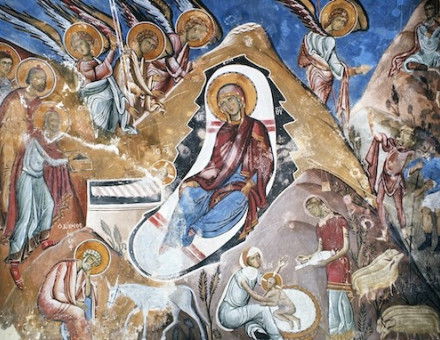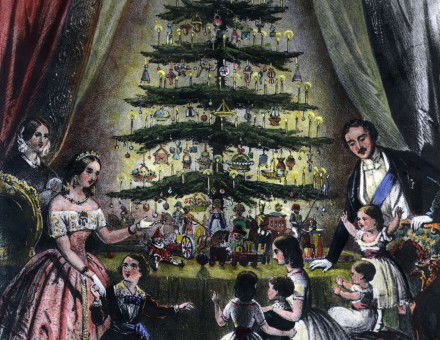'Through A Glass Darkly...'
Peter Burke discusses historical amnesia and cultural roots.
A few years ago I was standing in the main square of Cluj, in Transylvania, looking at a nineteenth-century statue of a man on a horse, King Matthias Corvinus.
Groups of tourists were taking photographs of one another in front of the statue, and they were all speaking Hungarian. I don't know whether they were part of the Hungarian-speaking population of Transylvania (a large minority), or visitors from Hungary itself, but it was fairly clear what Matthias meant to them. He was 'Good King Matyas', a Hungarian, and his kingdom included the place where we were all standing, in the city the Hungarians call Kolozsvar. To the Romanians, on the other hand, the city is known as Cluj Napoca, and Matthias is a Romanian. This kind of conflict of interpretations is recurrent in Central Europe. Speakers of Hungarian regard themselves as belonging to what they call 'historic Hungary', much of which ceased to be Hungarian in 1919, to become part of Romania, Czechoslovakia or Yugoslavia. Hungarians have good historical memories; too good, perhaps, for their own comfort.





